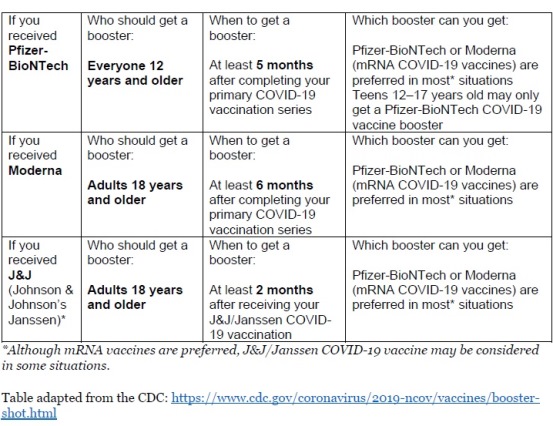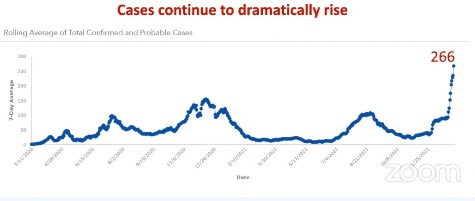The Supreme Court cited a doctrine known as ‘constitutional avoidance,’ which counsels against ruling on the constitutionality of a law if there are other grounds to resolve a case.
by Dan Margolies, KCUR and Kansas News Service
The Kansas Supreme Court on Friday overturned a Johnson County judge’s decision that a 2021 Kansas law enacted to address COVID-19 emergency measures is unconstitutional.
The Supreme Court, though, made clear it was not expressing an opinion on the constitutionality of the law, Senate Bill 40. Instead, it said Johnson County District Judge David Hauber had overstepped his bounds by ruling on the law’s constitutionality when he’d already ruled that SB 40 was inapplicable.
The Supreme Court cited a doctrine known as “constitutional avoidance,” which counsels against ruling on the constitutionality of a law if there are other grounds to resolve a case.
The Kansas Legislature enacted SB 40 in late 2021 to limit actions taken by the governor, school boards and local health officials. It created systems for speedy legal challenges to health orders and gave state lawmakers more oversight.
Among other things, the law authorized aggrieved parents or students to challenge board of education decisions within 30 days after they are issued. It also imposed timelines on the state’s trial courts to process lawsuits under the law.
In May 2021, two parents of children in the Shawnee Mission School District, Kristin Butler and Scott Bozarth, challenged the district’s mask policy for the just concluding school year. Both represented themselves and both claimed the policy violated federal law, “the ethics of the Nuremberg code” and a parent’s right to decide medical treatment for their child.
Hauber dismissed their suit a few weeks later. He found that the district had enacted its mask policy before SB 40 took effect and therefore it was inapplicable. He also found that Butler’s and Bozarth’s lawsuits were not timely.
But Hauber also took it upon himself to rule on SB 40’s constitutionality. And he found that the law violated the separation of powers doctrine by imposing timelines on court operations and also violated the due process rights of the Shawnee Mission School District.
In reversing Hauber, the Supreme Court, in an opinion written by Justice Dan Biles, acknowledged that its “decision may be just a temporary retreat from a raging storm, but it reflects necessary adherence to a long-standing doctrine of judicial self-restraint known as constitutional self-avoidance.”
“This rule,” Biles wrote, “strongly counsels against courts deciding a case on a constitutional question if it can be resolved in some other fashion, especially when the question concerns the validity of a statute enacted by our coordinate branches of state government.”
Kansas Attorney General Derek Schmidt, who was invited to intervene in the case and defend SB 40, argued that Hauber’s ruling had created “unnecessary and disruptive confusion” over the state’s emergency powers and urged the Supreme Court to uphold the law.
The case generated an enormous amount of interest, with numerous friends-of-the-court briefs filed by interested parties, including Gov. Laura Kelly, the Kansas Chamber of Commerce, Blue Valley School District, Kansas Association of School Boards Legal Assistance Fund, Kansas Justice Institute and a group of parents challenging mask mandates issued by the Olathe and Blue Valley school districts.
The Kansas News Service is a collaboration of KCUR, Kansas Public Radio, KMUW and High Plains Public Radio focused on health, the social determinants of health and their connection to public policy.
Kansas News Service stories and photos may be republished by news media at no cost with proper attribution and a link to ksnewsservice.org.
See more at https://www.kcur.org/news/2022-01-07/kansas-supreme-court-reverses-johnson-county-judges-ruling-that-pandemic-law-is-unconstitutional.


